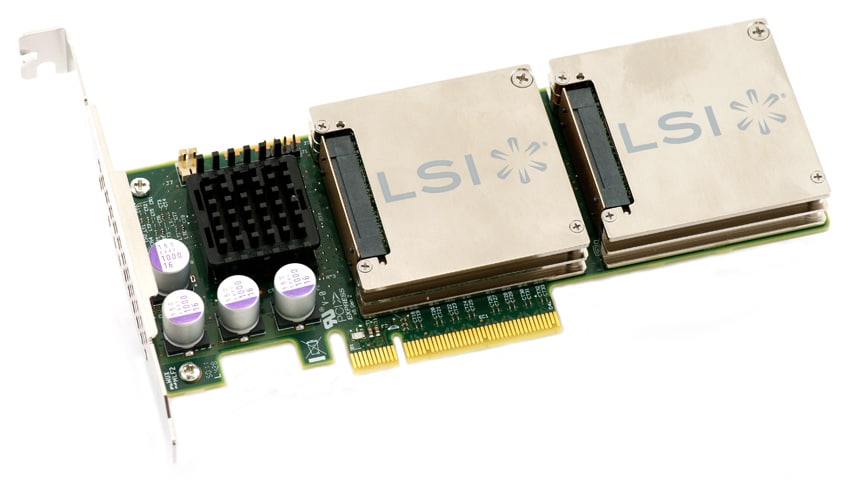
Proximal Data has announced a collaboration with LSI Corporation to develop an adaptive caching solution that addresses disk I/O bottleneck problems that occur as the number of virtual machines deployed within an infrastructure increases. AutoCache plugs into hypervisors like VMware to inspect all blocks from all virtual machines to place hot I/O into a local PCIe flash or SSD.
The new solution combines Proximal Data’s AutoCache software with PCIe flash-based LSI Nytro WarpDrive application acceleration cards to provide increased performance without requiring agents for guest OSs. AutoCache allows administrators to monitor resource utilization, I/O workloads, cache benefits, and performance at multiple layers. Reporting can be done by the ESXi host, by the device cached, and by individual guest operating systems.
Technology Overview
- Hypervisor support: VMware ESXi 4.1 and 5.0
- Advanced feature support: All VMware value-added features such as VAAI, VMotion, HA, DRS, and DPM
- Guest OS support: All
- Compatible PCIe cache devices: Leading PCIe flash vendors such as LSI, Micron and Intel
- Compatible SSDs: Leading enterprise SSD vendors such as Intel and Micron
- I/O cache type: Read cache with write through
- Caching algorithms: Multiple adaptive algorithms that self-tune to workload
- I/O caching attach point: Hypervisor (not guest OS)
- CPU overhead: Negligible
- RAM overhead: Less than 1/1000th of flash cache capacity
- Management: VMware vCenter Plug-in and vSphere virtual appliance
- Realistic minimum guidelines: Six CPU cores, each with 2GB RAM; disk data store >10x cache device.

